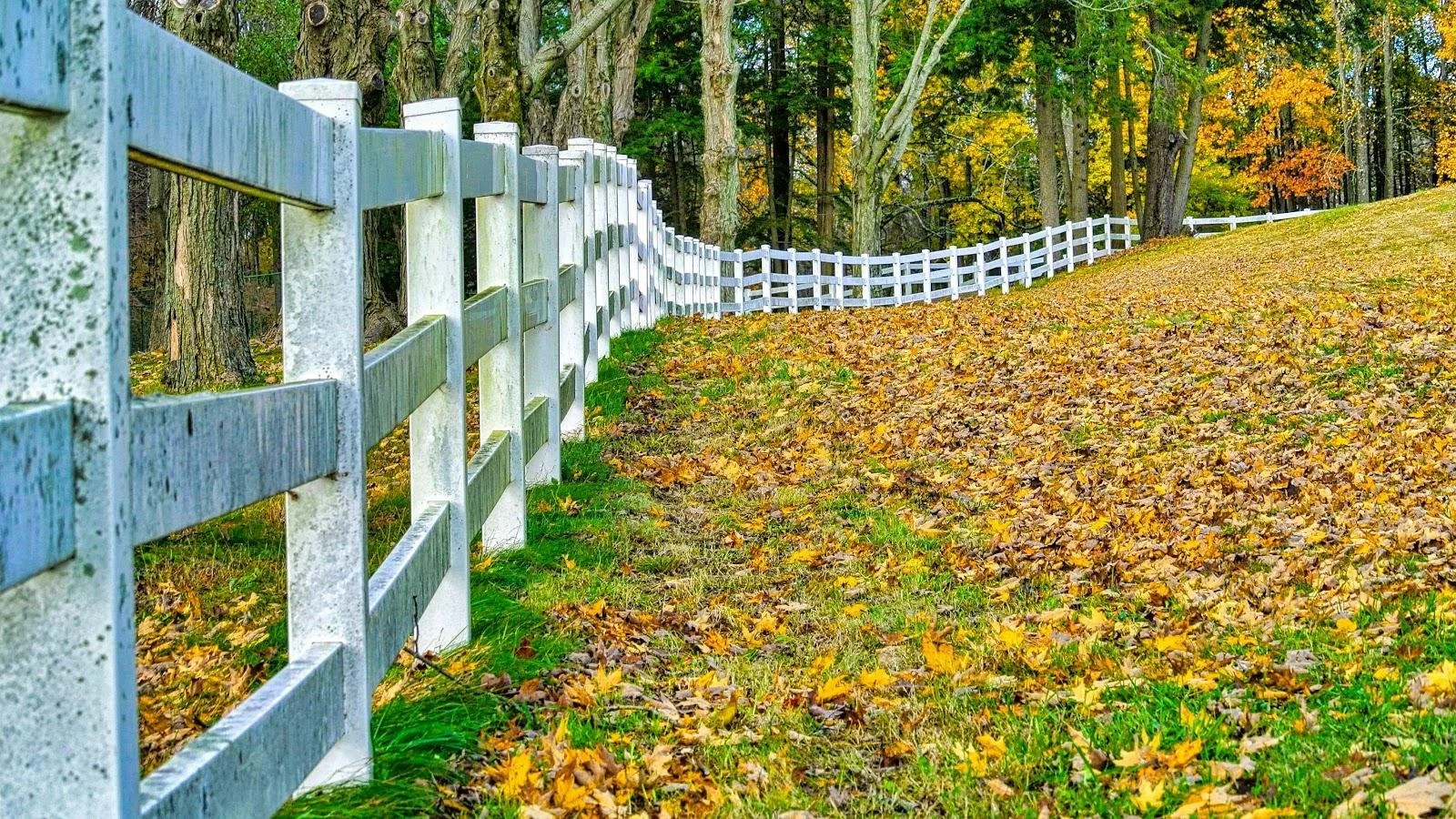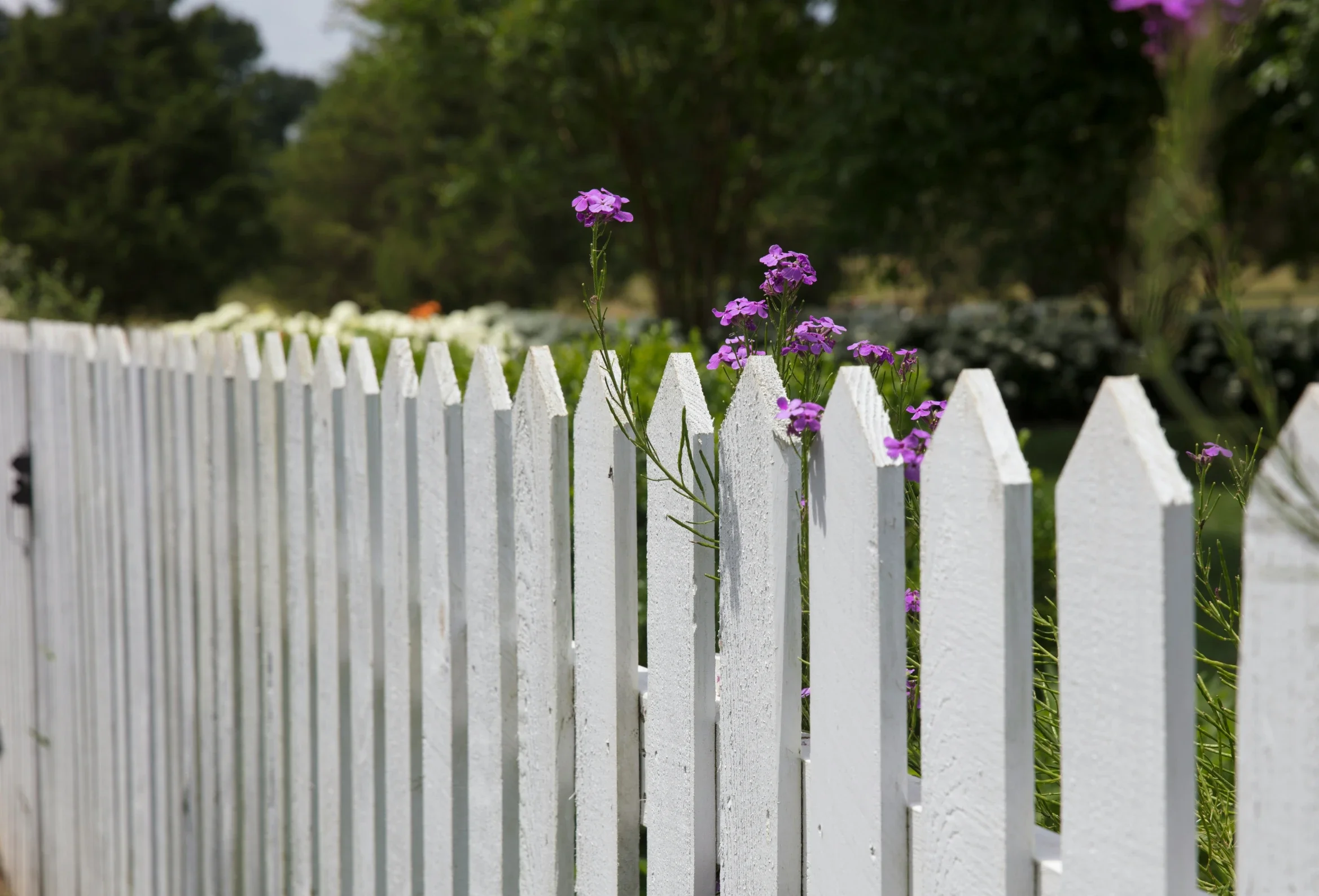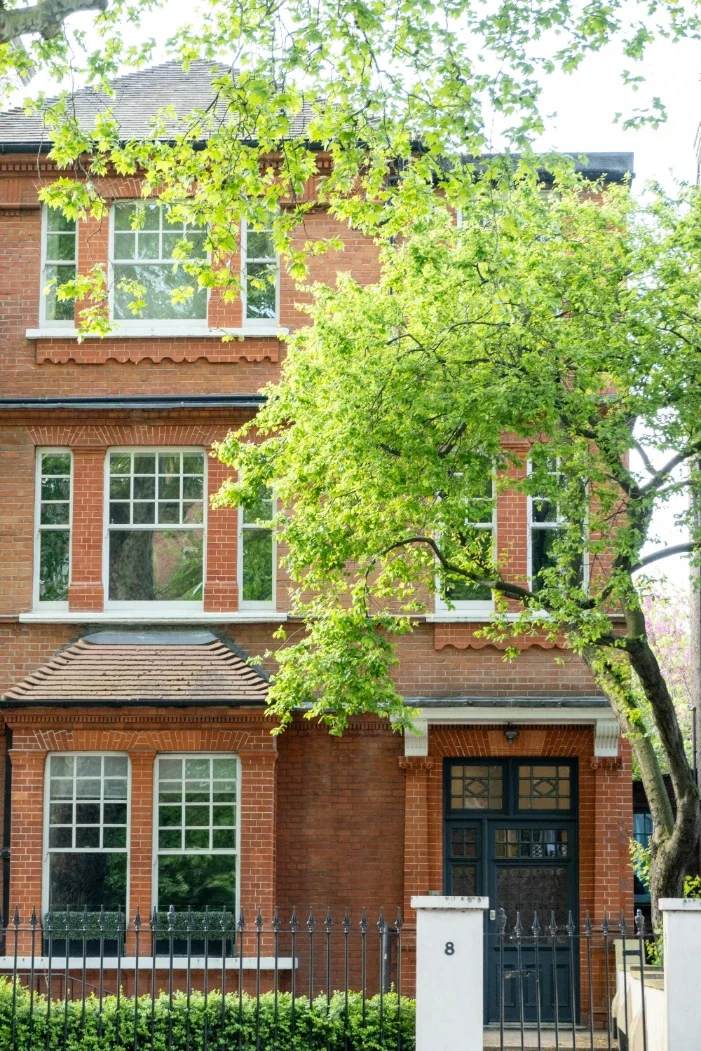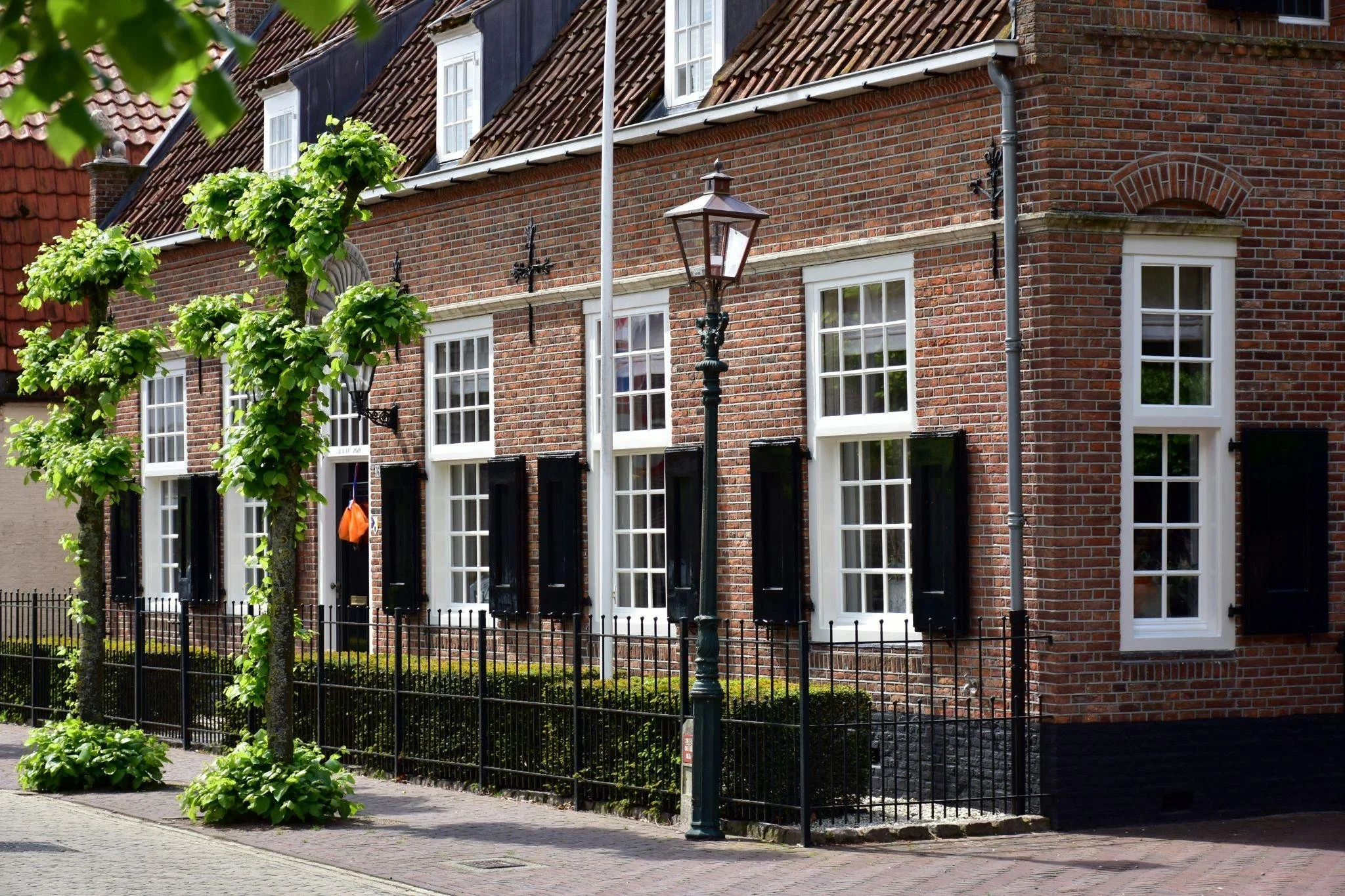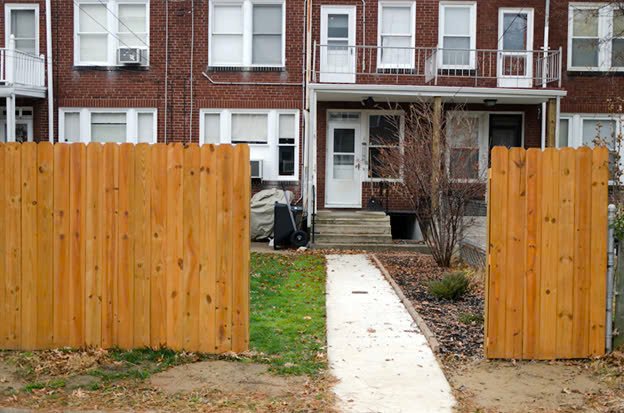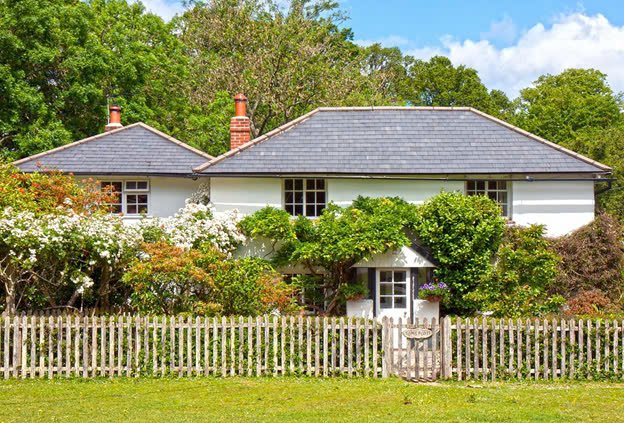Transform Your Property: A Complete Guide to Atlanta's Fence Options and Local Regulations
Explore Atlanta's fence options with a complete guide covering styles, materials, and local regulations to enhance security, privacy, and curb appeal.
When I drive through Atlanta neighborhoods—from the historic homes of Grant Park to the modern developments in Buckhead—I'm always struck by how the right fence can completely transform a property. After spending years in the home improvement industry and consulting with countless Atlanta homeowners, I've learned that choosing the perfect fence involves much more than picking a style you like. Georgia's unique climate, local regulations, and neighborhood character all play crucial roles in this important decision.
Understanding Atlanta's Unique Fencing Challenges
Atlanta presents specific challenges that homeowners in other regions don't face. Our infamous red clay soil expands and contracts with moisture changes, potentially causing fence posts to shift if not properly installed. The humid subtropical climate means wooden fences face constant moisture exposure, while our occasional severe storms test every fence's structural integrity.
I recently helped a homeowner in Decatur whose previous fence failed after just three years—the installer hadn't accounted for proper drainage around the posts. This is why working with an experienced Atlanta fence company that understands these local conditions makes all the difference. Local expertise ensures your fence is built to withstand Georgia's specific environmental challenges.
Navigating Atlanta's Fence Permit Maze
One aspect that surprises many homeowners is Atlanta's complex permit requirements. The City of Atlanta requires permits for any fence over 6 feet tall, and different neighborhoods have varying restrictions. For instance, the Virginia-Highland neighborhood association typically limits front yard fences to 4 feet, while areas like Ansley Park have strict design guidelines to maintain historical character.
Beyond city regulations, many Atlanta HOAs have their own rules. Peachtree Hills requires written approval before any fence installation, while subdivisions in Sandy Springs often mandate specific materials and colors. I always recommend checking three sources before planning your fence: city ordinances, HOA covenants, and property survey documents to confirm boundary lines.
Popular Fence Styles That Thrive in Atlanta
Through my experience, certain fence types consistently perform well in Atlanta's climate:
Cedar Privacy Fences remain the top choice for backyards, especially in family-friendly neighborhoods like East Cobb and Brookhaven. Cedar naturally resists insects and decay—crucial defenses against Georgia's termites and humidity. When properly sealed, a cedar fence can last 15-20 years here.
Vinyl Fencing has gained popularity in newer developments around Johns Creek and Alpharetta. While the initial investment is higher, vinyl won't rot, fade, or require annual staining—a significant advantage given our wet springs and hot summers.
Aluminum Fencing works beautifully for properties needing both security and aesthetics, particularly around pools (where it meets required safety codes) or in historic districts where wrought iron styling fits the architectural character.
Chain Link with Privacy Slats offers an economical solution for larger properties, especially in areas like Southwest Atlanta where property lots tend to be bigger. Modern vinyl-coated options look far better than traditional galvanized versions.
Seasonal Timing for Atlanta Fence Projects
Timing your fence installation in Atlanta can impact both cost and quality. Fall (October-November) offers ideal conditions—the soil is typically drier after summer, making excavation easier, and contractors often have more availability after the busy spring season.
Spring installations (March-May) work well too, though you'll likely face longer wait times as this is peak season. I generally advise against summer installations unless necessary—the intense heat makes the work more challenging, and afternoon thunderstorms can delay projects.
Winter installations are possible but come with considerations. While you might get better pricing during the slow season, frozen ground can complicate post-hole digging, and dormant grass won't recover from equipment tracks until spring.
Maximizing Property Value with Strategic Fence Choices
A well-chosen fence does more than define boundaries—it can significantly boost your property value. In Atlanta's competitive real estate market, privacy fences in particular offer strong ROI. Real estate agents I work with consistently report that homes with quality privacy fences in neighborhoods like Morningside and Candler Park sell faster and often for 2-3% more than comparable properties without fencing.
The key is matching your fence to your neighborhood's character. A sleek horizontal slat fence might be perfect for a modern home in West Midtown but would look out of place in the traditional setting of Druid Hills. Similarly, a white picket fence enhances a Craftsman bungalow in Kirkwood but might seem outdated in Atlantic Station's contemporary environment.
Maintenance Strategies for Atlanta's Climate
Proper maintenance extends your fence's life significantly in our challenging climate. For wood fences, I recommend annual spring inspections, checking for loose boards, protruding nails, and signs of rot or insect damage. Apply water-repellent sealant every 2-3 years, ideally in early fall when we typically have several dry days in a row.
Keep vegetation trimmed back at least 6 inches from wooden fences to promote air circulation and reduce moisture retention. This is especially important during our humid summers when mold and mildew thrive. For areas that stay damp, like spots under oak trees common in neighborhoods like Avondale Estates, consider installing gravel beds along the fence line to improve drainage.
Working with Professional Installers
While DIY fence installation might seem like a money-saving option, Atlanta's specific challenges make professional installation worthwhile. Professional installers understand how deep to set posts in our clay soil (typically 30-36 inches for a 6-foot fence), have relationships with suppliers for quality materials, and navigate the permit process efficiently.
When evaluating contractors, look for those familiar with your specific area of Atlanta. Each neighborhood has its quirks—from utility line locations in older areas like Cabbagetown to HOA requirements in newer developments around Vinings.
Final Thoughts
Selecting and installing the right fence for your Atlanta property involves balancing aesthetics, functionality, regulations, and climate considerations. Whether you're securing a pool in Dunwoody, creating privacy in Midtown, or defining property lines in Tucker, success comes from understanding these local factors and working with experienced professionals who know Atlanta's unique requirements.
Remember, a fence is a long-term investment that affects your daily enjoyment of your property and its future value. Take time to research options, understand regulations, and choose materials and installers suited to Atlanta's specific conditions. With proper planning and professional execution, your new fence will enhance your property for decades to come.
Have you recently installed a fence in Atlanta? What challenges did you face, and what advice would you give to others considering a fence project? Share your experiences in the comments below.

